Student’s essay inspires new Coca Cola packaging that reduces plastic consumption
When a seventh grader in 2019, Bennett Wies wasn’t sure what to write about for Assemblywoman Amy Paulin’s annual “There Ought to be a Law” essay contest.
“I remember being stumped when we first got the prompt,” said Wies, now a junior at Pelham Memorial High School. “All of my friends were writing about earlier release from schools or weekends being three days instead of two, but I wanted to write about something that had a larger impact.”
“I had read somewhere that there were other winners of this contest from Pelham, and it sort of put it into perspective that there was a chance my bill could be chosen, so I made sure it was about something I really believed could make a difference,” he said.
His first-place-winning essay proposing a ban on plastic six-pack plastic rings in New York is having an impact far beyond what he may have expected in 2019.
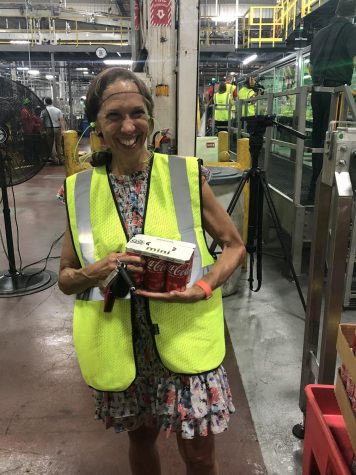
That year, Paulin introduced legislation inspired by Wies’s essay in order to reduce plastic waste and protect marine life. Liberty Coca-Cola, the Coke bottler in Westchester, met with Paulin to better understand the legislation as it looked for ways to become more sustainable, said a press release from Paulin.
Liberty spent three years developing rings made out of other materials. After testing many samples, the company selected Graphic International Packaging, a company dedicated to making sustainable paper-based packaging, to design the KeelClip technology used in a new six-pack carrier.
In September, Liberty put six packs with the new paper rings on the market in grocery stores. Liberty has become one of the first companies to switch from plastic to paperboard packaging.
“What we have estimated is that this transition will remove at least 75,000 pounds of plastic packaging per year from our supply chain,” said Mayra Linares-Garcia, Liberty’s vice president of public affairs and communication. “And that’s approximately 3.1 million cases.”
Gabby Ahitow is a senior at Pelham Memorial High School. She has been with the paper since it first started in 2018. Gabby has written for the Colonial...



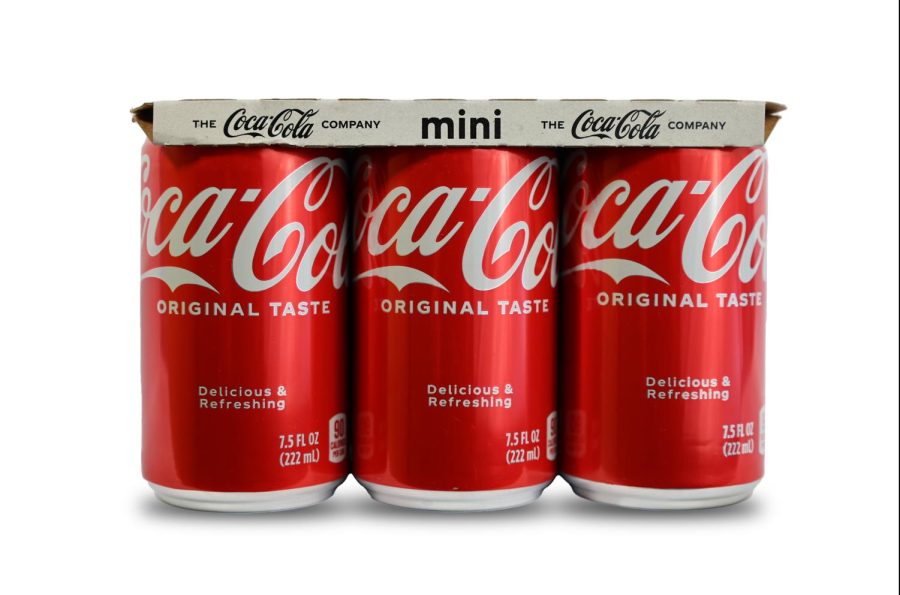
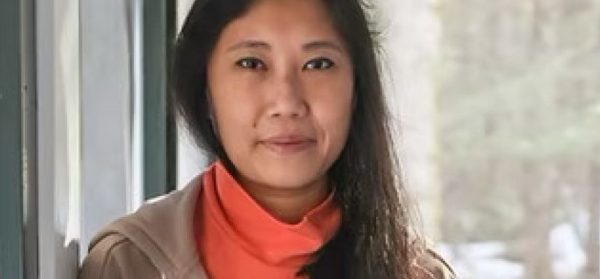
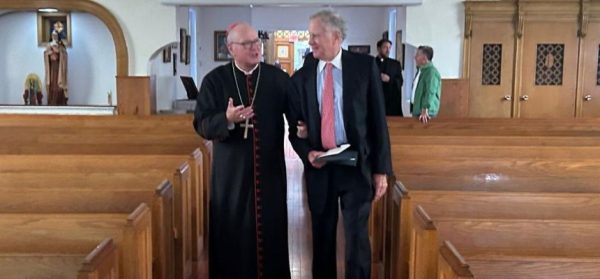
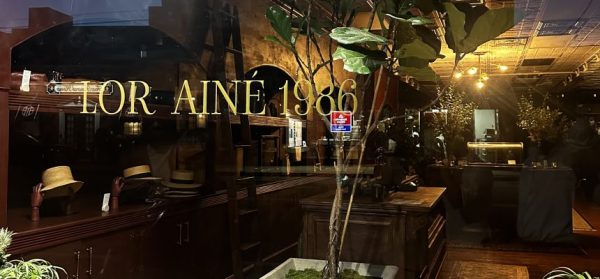
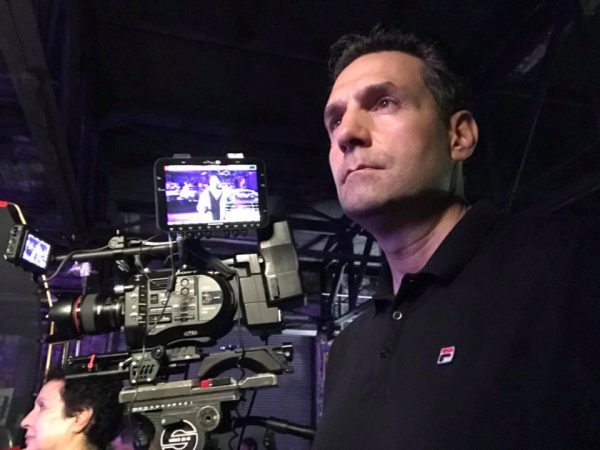
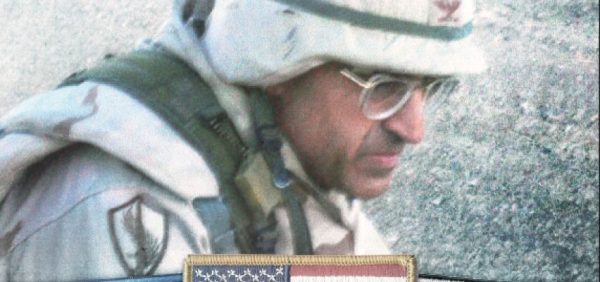
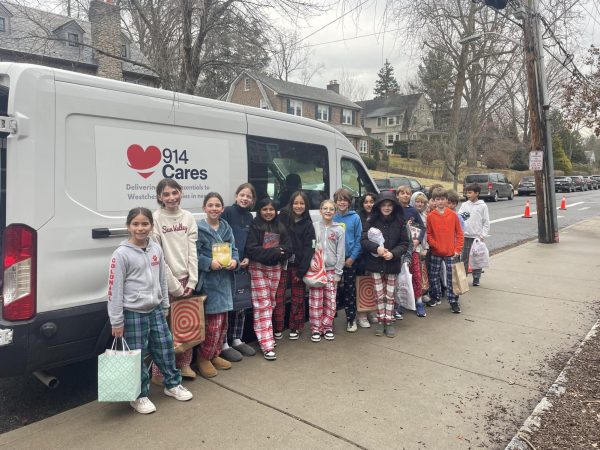



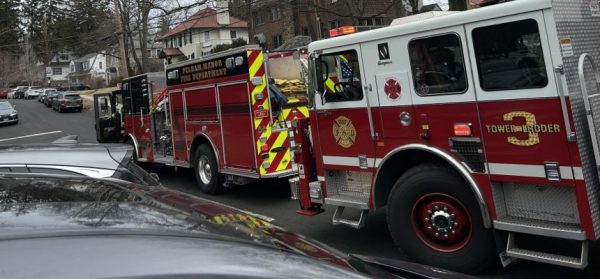
stephen dolan • Oct 25, 2022 at 10:10 am
Fantastic article by Gabby Ahitow and the PE…thank you for sharing.